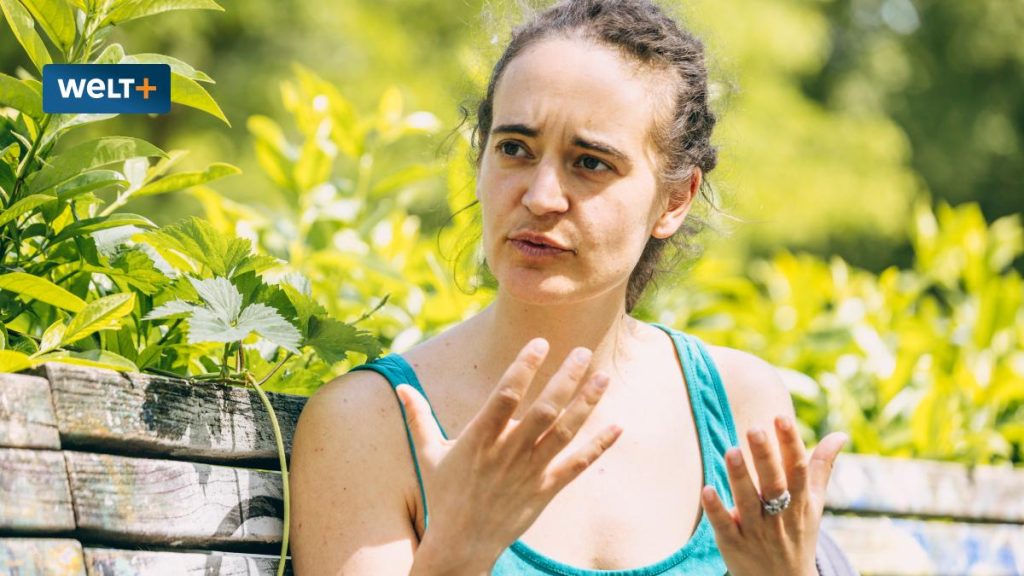Living in a rural community can pose challenges for individuals who wish to voice their opinions publicly. Residents must carefully consider the potential consequences of speaking out, as small towns often have close-knit communities where gossip can spread quickly. This social dynamic can create a sense of unease for those who fear backlash or ostracization for expressing dissenting views. As a result, many rural residents may feel hesitant to speak up on controversial topics, leading to a lack of diversity in public discourse within these communities.
The tight-knit nature of rural communities can also lead to a reluctance to challenge the status quo or question authority. Individuals may feel pressure to conform to the dominant opinions of the community in order to avoid conflict or alienation. This can stifle dissent and limit the range of perspectives that are shared within the community. As a result, issues that may benefit from open debate and discussion may go unaddressed, leading to a lack of progress or innovation within the community.
In addition to social pressures, there may also be practical considerations that deter rural residents from speaking out publicly. Limited access to platforms for sharing opinions, such as local newspapers or community meetings, can make it difficult for individuals to make their voices heard. This lack of resources for public engagement can further isolate dissenting voices and reinforce the status quo within rural communities. As a result, marginalized perspectives may be silenced or overlooked, perpetuating existing power dynamics.
Despite these challenges, there are individuals in rural communities who are willing to speak out and advocate for change. These individuals may face backlash or criticism for their outspokenness, but their willingness to challenge the norm can inspire others to speak up as well. By highlighting alternative viewpoints and promoting open dialogue, these individuals can contribute to a more diverse and inclusive public discourse within their community. Their courage and determination can help to shift the social dynamics within rural communities and create space for dissenting voices to be heard.
In order to foster a more open and progressive public discourse in rural communities, it is important for residents to support and encourage those who are willing to speak out. By creating safe spaces for dialogue and promoting respectful debate, communities can create an environment where diverse perspectives are welcome and valued. Residents can also work to expand access to platforms for public engagement, such as community newsletters or online forums, to ensure that all voices have the opportunity to be heard. By actively participating in public discourse and challenging the status quo, rural residents can help to create a more inclusive and vibrant community for all.
Overall, the challenges of speaking out in rural communities highlight the importance of fostering a culture of openness and inclusivity. By supporting those who are willing to advocate for change, rural residents can work towards creating a more diverse and dynamic public discourse within their community. Through respectful dialogue and a willingness to listen to all perspectives, communities can create space for dissenting voices to be heard and work towards a more equitable and progressive future for all residents.















